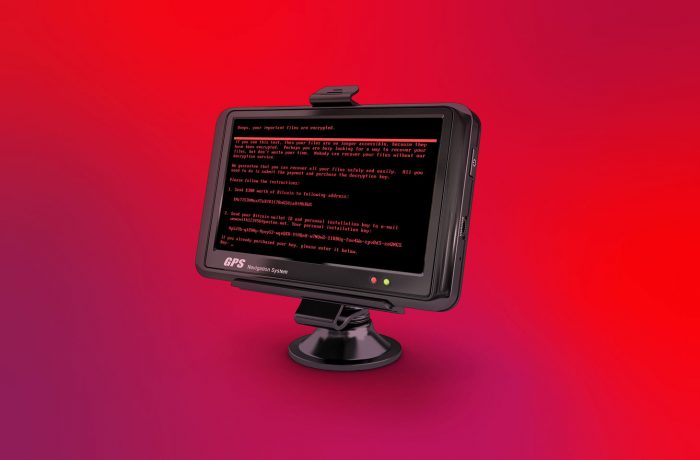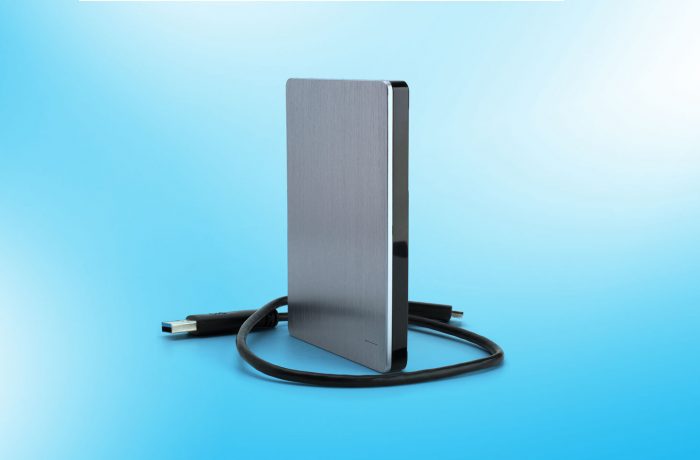
The DeathStalker cyberspy group and its tool set
The DeathStalker group targets relatively small companies and their trade secrets.
1308 articles

The DeathStalker group targets relatively small companies and their trade secrets.

When calculating potential losses from cyberincidents, statistical data is just as important as its interpretations.

The DMARC mechanism has its drawbacks, but we have developed a technology to fix them.

Our technologies prevented an attack. Expert analysis revealed the exploitation of two previously unknown vulnerabilities. What you need to know.

A detailed look at a phishing site masquerading as an e-mail scanner and its attempts to snag victims.

Our experts’ detailed analysis of the prime suspect in the ransomware attack on Garmin.

What is Zero Trust, and why is it attractive for modern business?

The Lazarus cybercrime group uses traditional APT techniques to spread VHD ransomware.

Our experts detected a malware framework that cybercriminals use to attack various operating systems.

Microsoft has released a patch for a critical RCE vulnerability in Windows Server systems.

We explain why you need to back up critical data, even if you trust your equipment 100%.

It turns out that the tale of Ali Baba is a collection of stories from ancient Persia about … cyberthreats?

We developed a sandbox capable of emulating a company-specific system in an isolated environment.


An integrated approach arms even small companies with automated tools that repel complex attacks.

A few stories about how easy it is to accidentally leak sensitive information into the public domain.

Supply-chain attacks through public repositories have become more frequent of late. Here’s how to deal with them.

Our experts uncovered a scheme to extract cardholder data using Google tools.

Israeli experts claim that hundreds of millions of IoT devices contain critical vulnerabilities — and that’s the most conservative estimate.

To protect ADAS from external interference, cars need a special approach to cybersecurity.